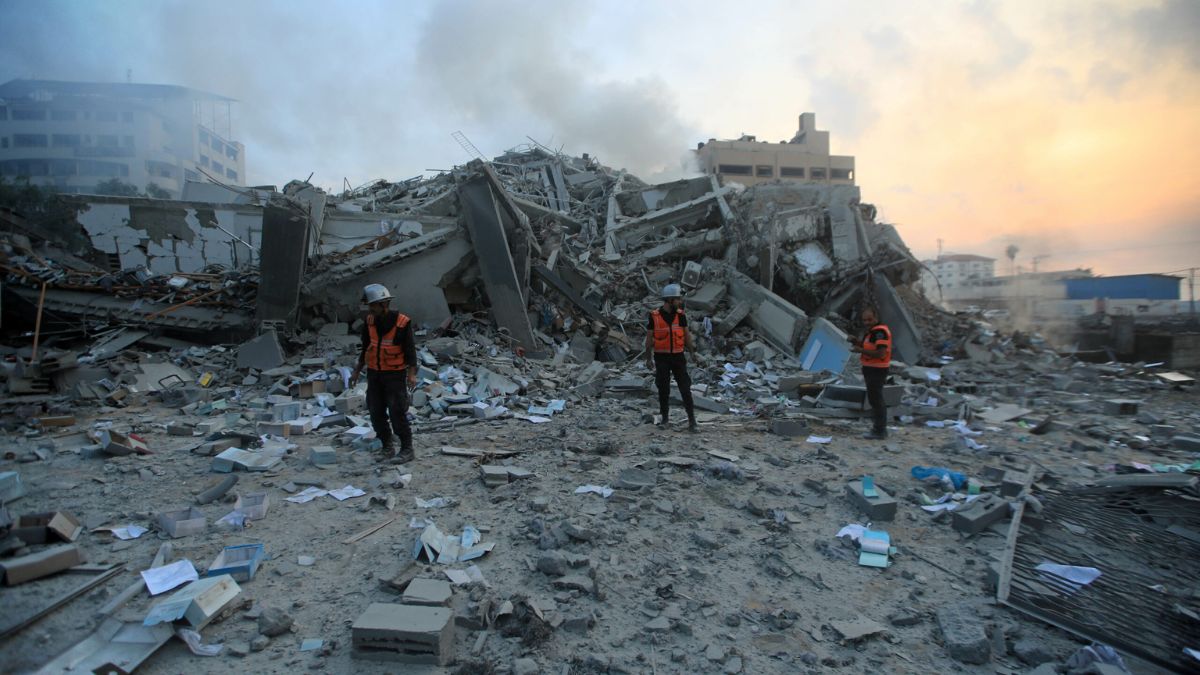The Israeli-Palestinian conflict has escalated with alarming consequences, as the latest wave of violence has hit civilians and critical infrastructure hard. The conflict that broke out a week ago shows no signs of abating, leaving behind destruction and a deep humanitarian crisis.
The human cost of the conflict continues to rise sharply, with recent reports of over 39,000 deaths (38,385 Palestinians and 1,478 Israelis), out of which 108 were journalists (103 from Palestine, 2 from Israel and 3 from Lebanon). More than 224 humanitarian workers were seriously injured, including 179 UNRWA staff.
The service charge includes a significant number of children and women, highlighting the devastating impact on families and communities caught in the crossfire. Hospitals and medical facilities are overburdened and struggling to cope with the influx of casualties due to essential equipment and staff.
Businesses are crippled as livestock and agricultural fields are damaged and destroyed, reducing food security for thousands of families. An estimated $13.5 billion was destroyed in infrastructure, including homes, schools and essential utilities such as water and electricity, leaving entire communities displaced and vulnerable.
Both sides have engaged in ongoing military operations that have caused extensive damage to urban areas and essential public services. Reports from Gaza show widespread destruction of homes and vital infrastructure, while in Israel rocket attacks have targeted cities, causing panic and forcing civilians to flee.
The use of ammunition and weapons was significant on both sides, with thousands of rockets fired into densely populated areas and airstrikes carried out with precision. The intensity of military operations led to international calls for an immediate ceasefire and renewed diplomatic efforts to end hostilities.
The humanitarian impact of conflict goes beyond immediate casualties and damage to infrastructure. Psychological trauma among civilians, especially children, is widespread, compounded by the constant fear of increased violence and displacement. Humanitarian organizations are working tirelessly to provide relief, but access to the devastated areas remains difficult due to ongoing hostilities and security concerns.
As the Israeli-Palestinian conflict enters a critical phase, urgent international intervention is needed to stop the bloodshed and facilitate dialogue to achieve a lasting sense of peace. The growing violence and humanitarian crisis require immediate attention and joint action to protect civilians, uphold humanitarian principles and restore stability to the region.
The road to reconciliation and lasting peace remains fraught with challenges, but the need to alleviate suffering and prevent further loss of life is paramount for all parties and the wider international community.

